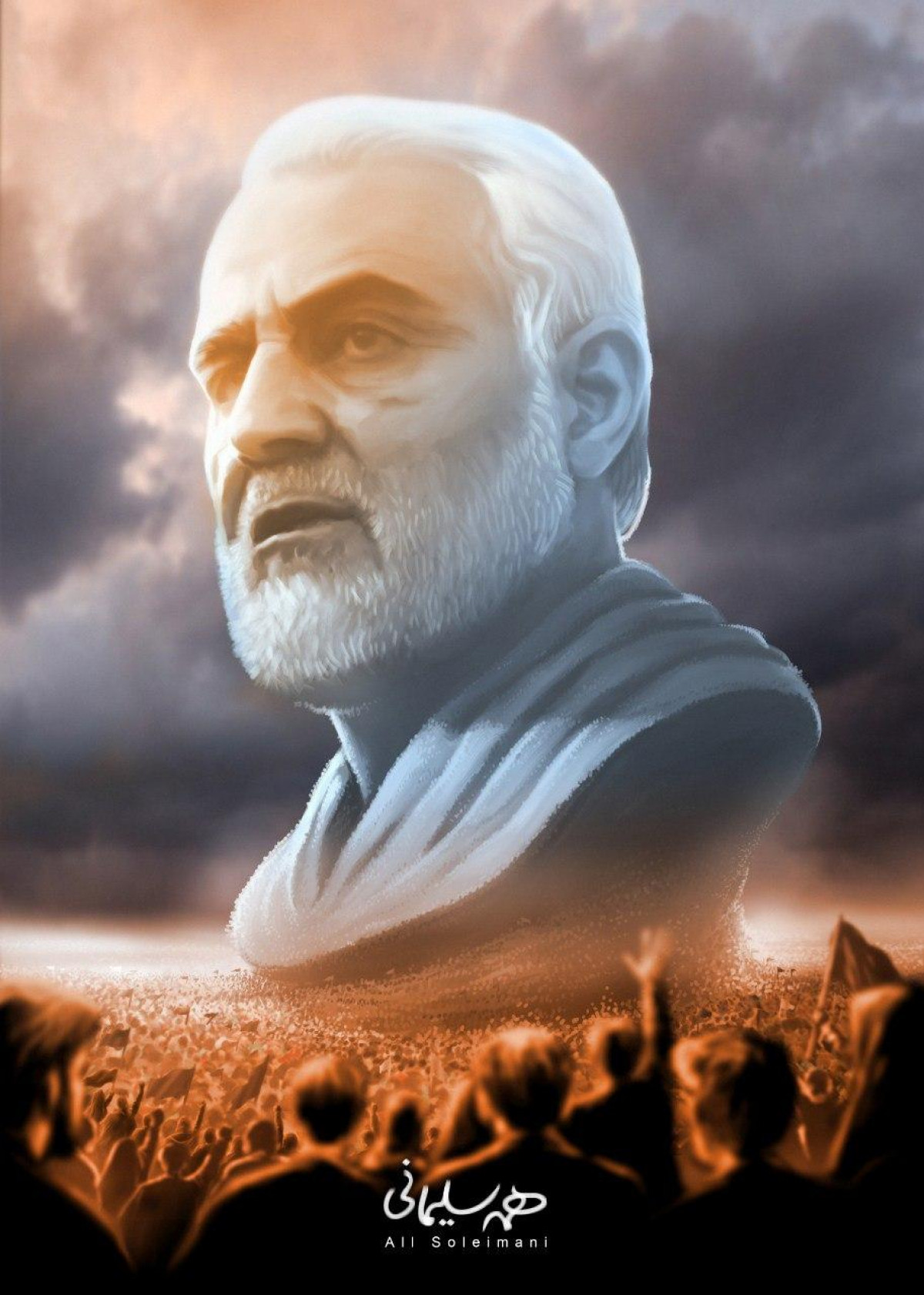 72
72
Nearly a year after the assassination of General Qassem Soleimani and his entourage by the United States, a new phase of political and military confrontation took place between the Axis of Resistance against the US military, especially in Iraq. is included in.
During this time, the Axis of Resistance took the initiative, and volunteer resistance forces made a new phase of targeting American interests a top priority.
The American officials did not even dream that the assassination of Qassem Soleimani would be more dangerous for them than his life, which would cause the nations and the axis of resistance against the global arrogance to awaken and unite.
In particular, by targeting the Ain al-Assad base, Iran recorded the first military action of a country against the United States after World War II in its name and struck such a blow to the United States that it broke its grandeur in front of friend and foe.
This is an important development in the equations in the region, and interprets the position of Iran's Supreme Leader Ayatollah Khamenei on the "tough revenge" of the United States, which he promised in response to Soleimani's assassination, and everyone thought that this revenge would be limited to a military response, they was unaware that the revenge was more than just hitting a military base, and that this revenge meant the end of the US presence in the region.
The assassination of General Soleimani and, consequently, Iran's military response to the United States, on the one hand, prompted the global resistance movement to take the initiative in the region, and on the other, Washington leaders and regional allies came to their senses; Because at one time they thought that the United States was supporting the Arab countries against the threats, but it proved to them that this country did not even offer to support itself against the threats.
Comment
Post a comment for this article